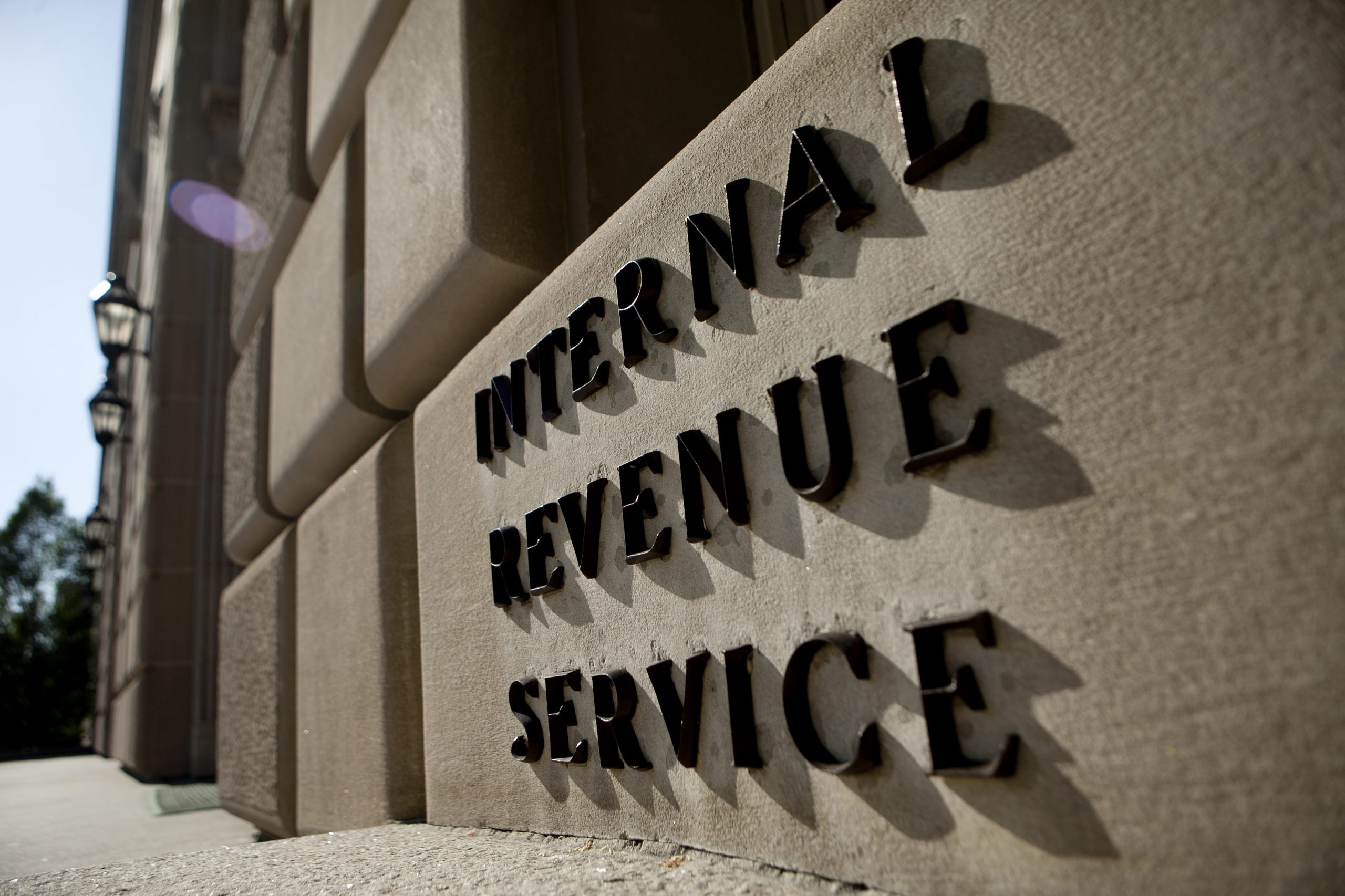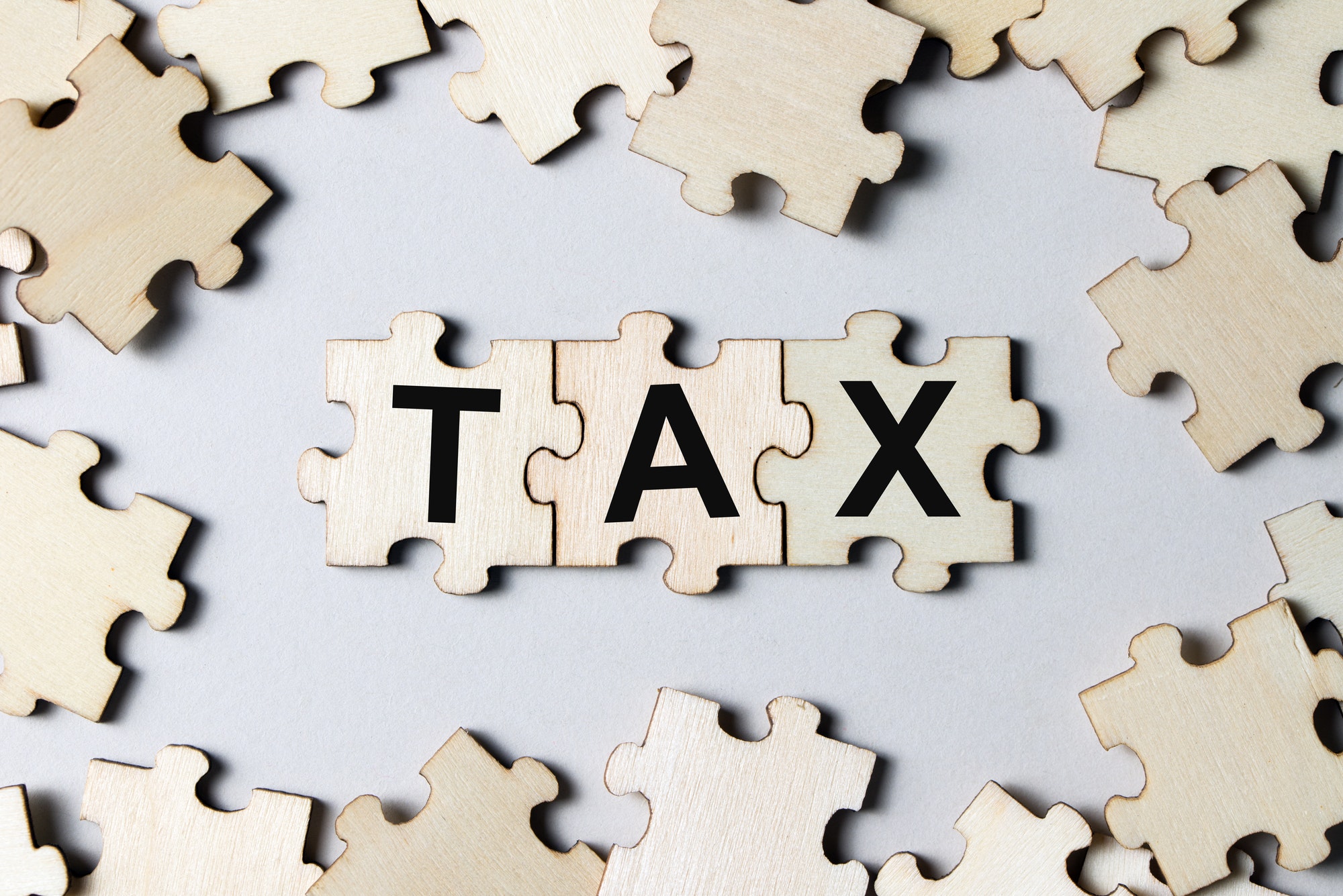What Is Tax Compliance And Why Is It So Important?

Tax Compliance means that the taxpayer has filed all returns due and owing as of
today. In order to be in filing compliance, all tax returns for the past 6 years have
to be filed. Also, the taxpayer must be current in making estimated tax payments,
which means:
• An employee is having sufficient withholding done so they will not owe
money at the end of the year;
• Self-Employed individuals have made this year’s estimated tax payments.
• Business have made their quarter payroll tax deposits.
For non-filers, or individuals who have back tax debts to the IRS, tax compliance
must be dealt with first before an Offer-in-Compromise or installment agreement
will even be considered by the IRS.
If you or someone you know has a tax issue, please feel free to contact me at (320)295-7479 or email me at randy@randystaxresolution.com
Getting Our Clients Compliant
What is a Non-Filer?
IRS Definition:
Habitual – Just does not file for whatever reason
Skip Filers – Files one year then skips one or more years, then files and repeats this process
- Refunds may be at risk (RESD)
- You’re giving the IRS free money
Stop Filers – Were compliant for a long time, then, all of a sudden stops filing again for whatever reason
Real World Definitions:
Procrastinators
- Know they should file but need assistance and/or prompting
- They will typically respond and always indicate that they will cooperate when contacted by the IRS
- Information is usually provided in a piecemeal fashion
Uncooperative Non-Filers
- UNOPENED ENVELOPES
- They refuse to acknowledge and respond to correspondence (electronic or otherwise) and/or phone calls and, if contacted by the IRS, they will not cooperate
- Tax protestors


